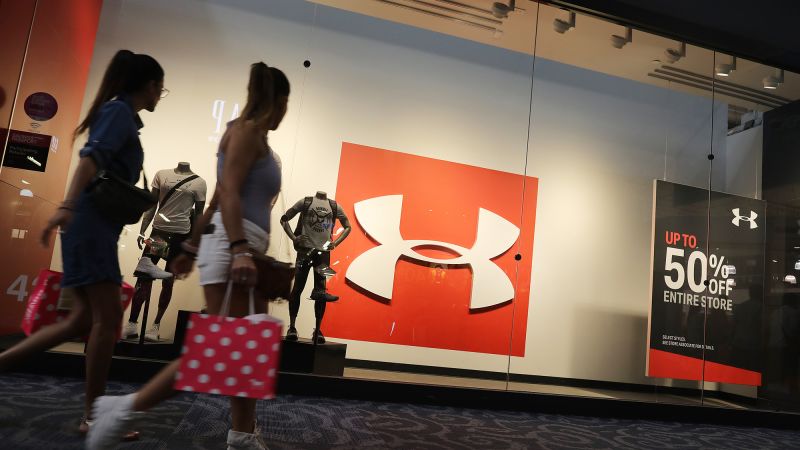Under Armour, once considered a serious competitor to Nike, is now struggling to keep up in the sportswear market. The brand, known for its endorsements by athletes like Stephen Curry and Jordan Spieth, has experienced a sharp decline in sales and stock value over the past few years. Several factors contribute to the company’s current state, including an identity crisis, management controversies, failure to adapt to market trends, and a revolving door of CEOs.
Founded by Kevin Plank in 1996, Under Armour initially gained success with its moisture-wicking T-shirt designed for elite athletes. The brand quickly expanded and went public in 2005, reaching sales of over $4 billion by 2015. However, the company has struggled to maintain momentum in recent years, with North America sales declining by 10% in the most recent quarter and a bleak forecast for the fiscal year ahead.
As part of a restructuring effort, Plank announced plans to streamline operations by focusing on selling innovative products, accelerating product development, and reducing discounts. Management turnover has also been a significant issue for the company, with five CEOs in the past five years. The closure of major distribution channels, such as Sports Authority, further impacted Under Armour’s sales and market presence.
In addition to financial difficulties, Under Armour has faced legal challenges and controversies, including a lawsuit from UCLA over a sponsorship deal and a settlement with the SEC over past accounting practices. Competitors like Adidas and Lululemon have gained ground in the market, while Under Armour has struggled to adapt to evolving consumer trends. The brand’s decision to reduce discounts may also hinder demand for its products.
Despite its challenges, Under Armour maintains strong partnerships with celebrities like Dwayne Johnson and athletes like Stephen Curry. The brand continues to make inroads in sports like golf and football, but has lost some high-profile endorsements, such as Joel Embiid, to competitors like Skechers and Nike. Moving forward, the key for Under Armour will be to clarify its identity and focus on either performance-based products or evolving into a lifestyle brand to remain relevant in the industry.


